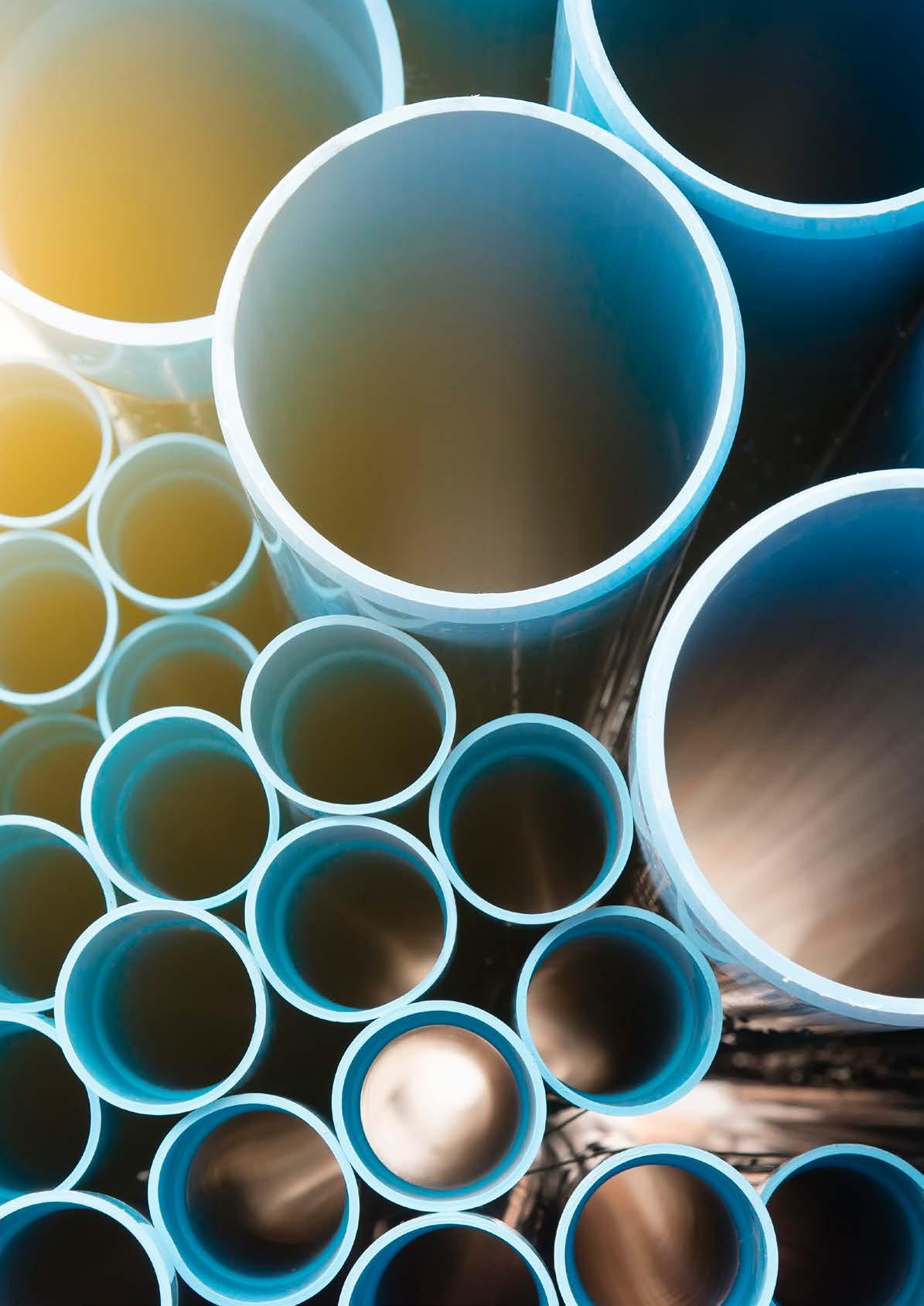
1 minute read
Foreword
Over the past year, we have faced unprecedented challenges during the Covid-19 outbreak. Protective personal equipment, often made from single-use plastics, has played a vital role in reducing transmission of the virus and safeguarding citizens working in critical industries. I would like to thank the plastics industry for their efforts during these extraordinary times, especially manufacturers who have pivoted to producing essential protective personal equipment, helping to support our NHS.
However, whilst demand in certain areas has necessarily increased, we must continue our work to reduce plastic waste and tackle plastic pollution as quickly as possible. It is encouraging to see the British Plastics Federation demonstrating that industry ambition to tackle plastic waste has not diminished.
‘A Recycling Roadmap for 2030’ outlines the current position of the UK plastics industry, the current evidence base and how they can achieve the transition to a circular economy within the plastics industry. To move forward, it is essential that we have robust data readily available to inform decisions, with gaps identified, and common strategies in place so we all move in the same direction together. The broad range of data drawn together makes for some thought-provoking reading which will be a valuable springboard for future thinking.
The 2030 British Plastics Federation’s vision sets out a clear pathway for progress, including an increase in recycling rates, minimal reliance on landfill and no exports of low-quality material. I am pleased to say this vision aligns with the government’s own Resources and Waste Strategy. Our Environment Bill will enable us to significantly change the way we manage our waste and take forward a number of the proposals from the strategy. The Bill will include powers to create extended producer responsibility schemes; introduce deposit return schemes; establish greater consistency in the recycling system; better control the export of plastic waste; and give us the power to set new charges for other single-use plastic items.
Working closely with industry, we will continue to make great and necessary strides over the next decade. Taking decisive action now on plastic waste is crucial if we are to meet our commitment to eliminate avoidable plastic waste by 2042. We welcome the ambition of industry and together we will continue to work towards leaving the environment in a better state than we found it in for the next generation.
Rebecca Pow MP
Minister for the Environment








